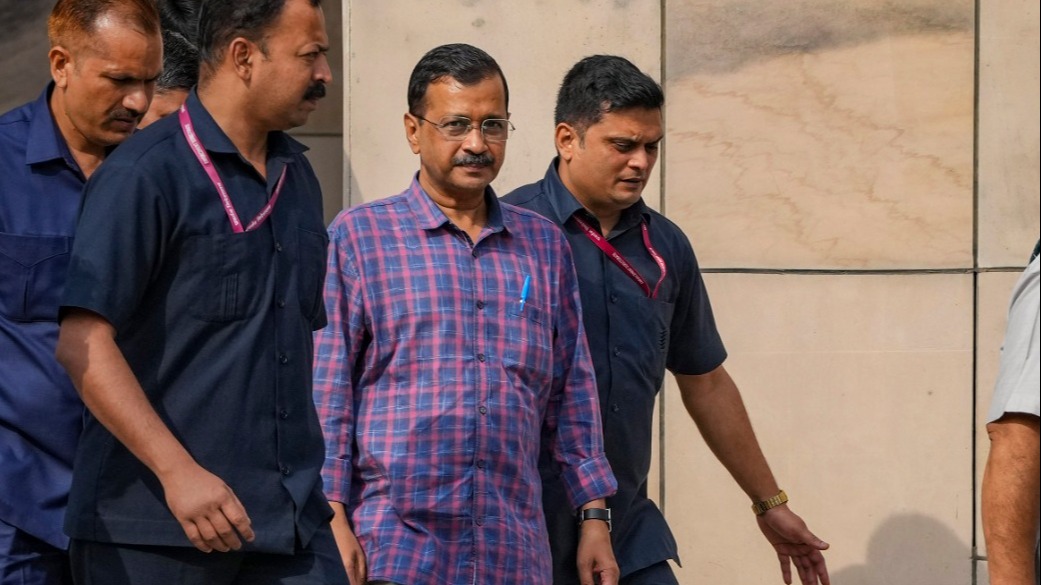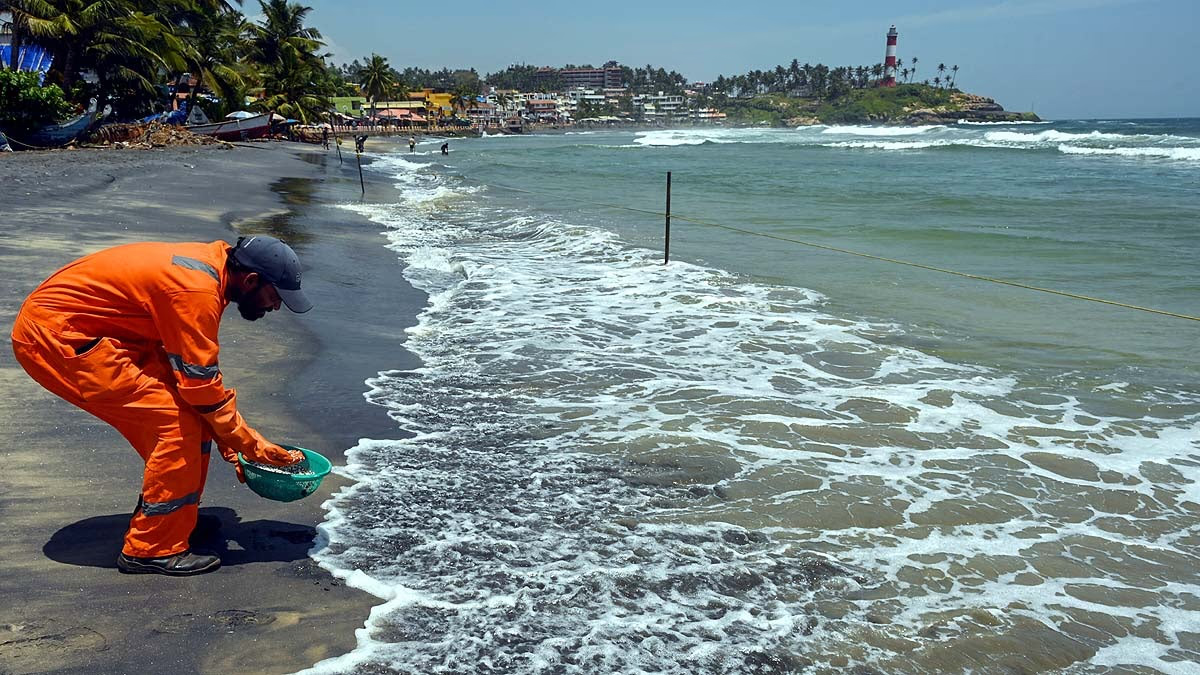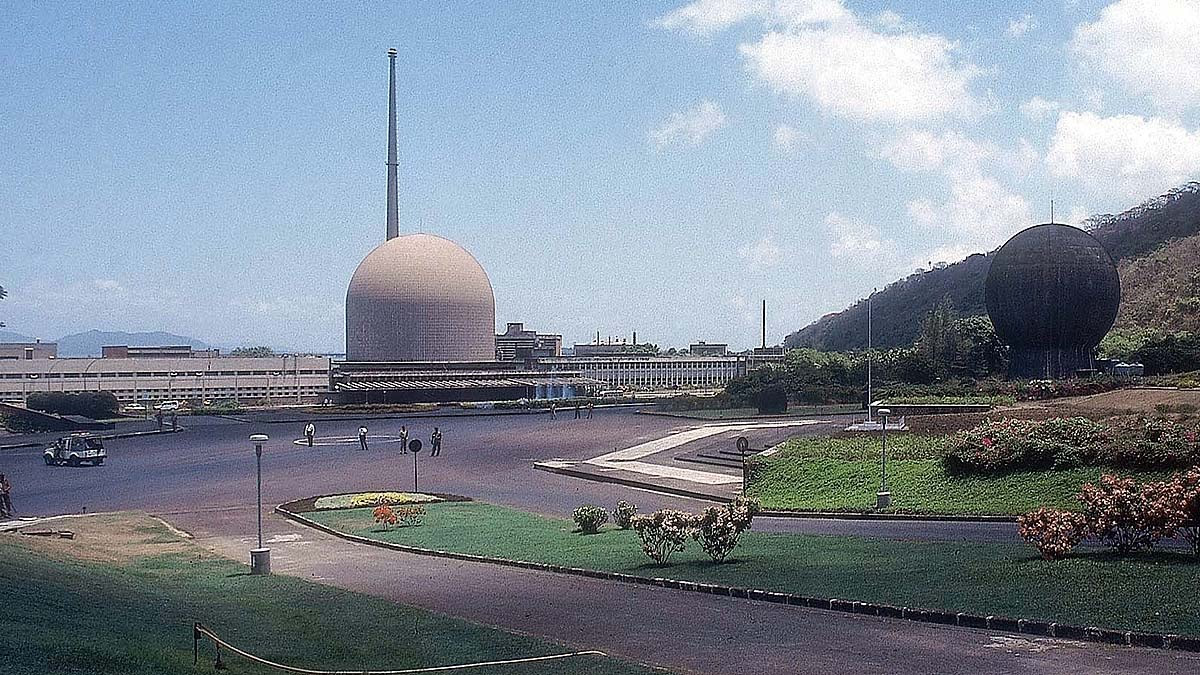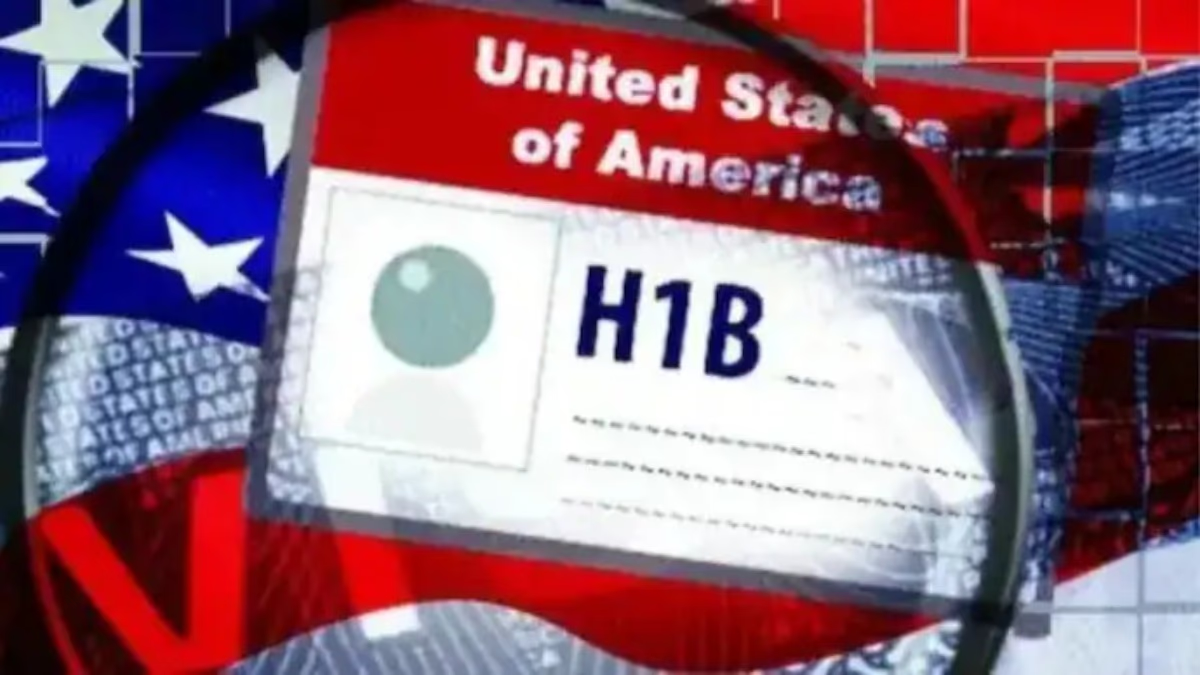The Delhi High Court delivered a significant blow to Chief Minister and Aam Aadmi Party National Coordinator Arvind Kejriwal on Tuesday, dismissing the petition that challenged his arrest by the Enforcement Directorate (ED). Kejriwal had contested his arrest and ED remand through his petition, with the court remarking that evidence gathered by the investigation agency suggests he had conspired with other accused parties.
Justice Swarnakanta Sharma, addressing Kejriwal's arrest petition, stated not only was he involved in the conspiracy but was also actively participating in bribery and the unfolding of criminal activities. As the national coordinator of the Aam Aadmi Party, Kejriwal was involved in the creation of the liquor policy and in the accumulation of bribery funds. All statements in this case have been recorded before the court, with the High Court firmly declaring that justice operates by the law, not under political duress.
The Aam Aadmi Party is set to challenge the High Court's decision in the Supreme Court on Wednesday. Delhi Minister Saurabh Bhardwaj announced this during a press conference.
Key points from the High Court's decision on Kejriwal's petition:
- The Delhi High Court clarified that the petition was not for bail but challenged the detention. The petitioner argued his arrest was unlawful.
- Evidence indicates Kejriwal conspired with others in bribery and collecting criminal proceeds. He was allegedly involved in two aspects of the case: personally crafting the liquor policy and accumulating bribe money.
- Witness statements were recorded by the court. Questioning the statements of approvers would be akin to questioning the judicial process. Investigations cannot be tailored to an individual’s convenience and can reach to their domiciles if needed.
- On Kejriwal's arrest's legality, the High Court ruled that he was apprehended due to a money-laundering case. The law on arrest and remand must be considered when investigating his detention.
- The court negated Kejriwal's claim that he was arrested just after his election announcement, stating that accepting this argument would mean that the arrest couldn't be challenged had it not been made at this time.
- The High Court noted that the ED had substantial evidence, including statements from hawala dealers, approvers, and AAP members. These statements addressed funding allocated for Goa's election expenses, completing the money trail regarding the Goa elections. Kejriwal's arrest did not violate the law, and the remand of the Delhi CM cannot be declared illegal.
- The court stated that no one, including the Chief Minister, is granted special privileges in the case of an investigation or interrogation. Regardless of their status, individuals are not awarded special exemptions.
- The High Court dismissed Kejriwal's suggestion that interrogation could have been conducted via video conferencing, stressing that the ED determines the timing of an arrest.
- Kejriwal's opposition to arrest was countered with the court's observation that the ED had ample evidence, which necessitated the arrest. His refusal to participate in the inquiry would impact others incarcerated, serving as a contributing factor.
- Judges operate under the law, not politics. Decisions are made based on legal principles, not political affiliations. Courts are tasked only to interpret laws, not to venture into political realms. Political opinions cannot enter the courtroom, and the matter is not between the central government and Kejriwal but between Kejriwal and the ED.




